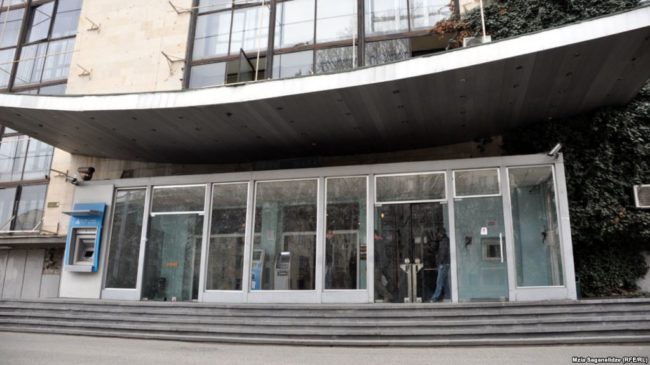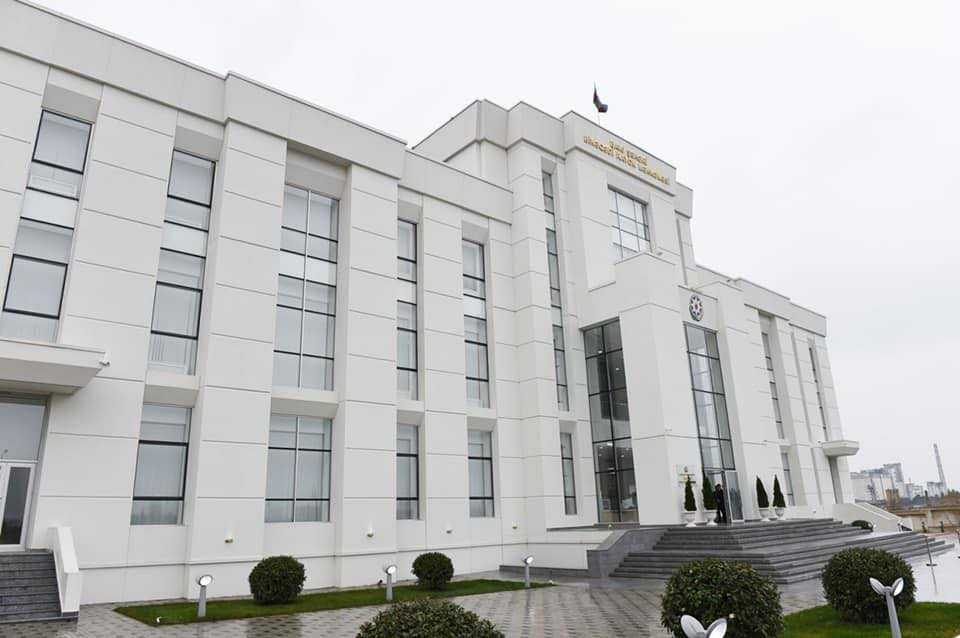

 A controversial law to allow advertising to be aired on the Georgian Public Broadcaster (GPB) has passed its second hearing in Parliament. The draft has faced opposition from other broadcasters and civil society as well as a parliamentary committee.
A controversial law to allow advertising to be aired on the Georgian Public Broadcaster (GPB) has passed its second hearing in Parliament. The draft has faced opposition from other broadcasters and civil society as well as a parliamentary committee.
Despite a parliamentary committee objected a controversial draft law which would allow the Georgian Public Broadcaster (GPB) to air advertisements, the Parliament passed it in its second hearing.
Eighty-five MPs voted in favour with only six opposed in the 14 December vote, despite the Parliamentary Committee of Sectoral Economy and Economic Policy objecting to the draft.
Parliament will now vote on the law in its third and final hearing.
Nino Jangirashvili, Director of broadcaster Kavkasia, said a number of broadcasters and civil society groups are urging the President to veto the bill.
[Read on OC Media: Private TV stations denounce planned changes in Georgia’s broadcasting law]
However, the ruling Georgian Dream party has enjoyed a constitutional majority in parliament since 2016 parliamentary elections, and can override a presidential veto.
Head of Parliament’s Judiciary Committee, Eka Beselia, said on 19 December she was ‘honestly amazed’ by the criticism, as ‘parliament has not worked so long on any other project’. ‘Claims the project is[…] unprepared are not serious’, she added.
Tinatin Berdzenishvili, the Director of Media and Communications at GPB, who has lobbied for the bill, said on 18 December during a meeting with the President that commercial broadcasters are free of the obligations that GPB has. According to her, the amendments to the law aim to increase their ratings and help them ‘become one of the strongest players on the market’.
The amendments to the Law on Broadcasting to remove restrictions on advertising were initiated by the GPB themselves. The broadcaster claims this will contribute to their development and allow them to better compete with commercial broadcasters.
If the changes are adopted, the GPB would still face restrictions, with advertisements limited to three minutes an hour and restricted entirely at prime times, on weekends, and on public holidays.
[Read on OC Media: Bill could allow advertising on Georgian Public Broadcaster]
The draft would also allow the broadcaster to avoid the Procurement Law while licensing and commissioning films and TV programmes. The law mandates that public bodies hold tenders for any goods or services they purchase. Opponents of the law claim this would decrease transparency at the broadcaster.
Vasil Maghlaperidze, General Director of the GPB, defended the changes, claiming opponents of the bill have been mislead. He said the aim was to streamline how the GPB purchases TV shows, saying the broadcaster should not ‘purchase a movie or a TV programme the same way we purchase cement or an air conditioner’.









